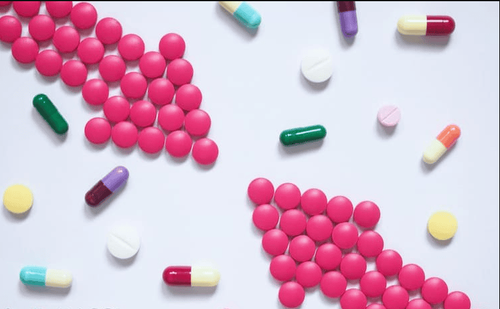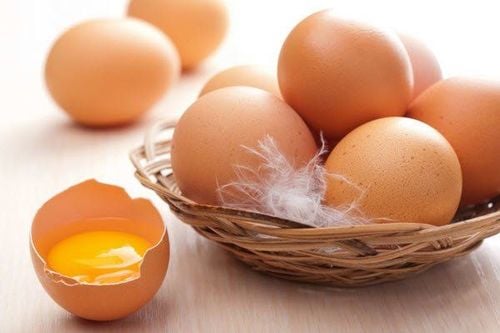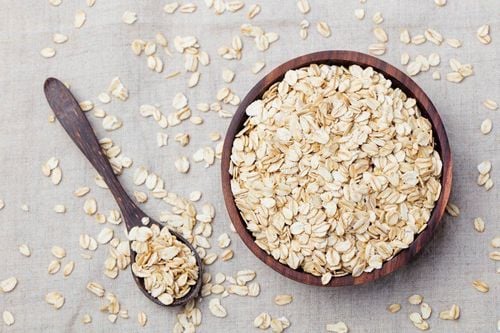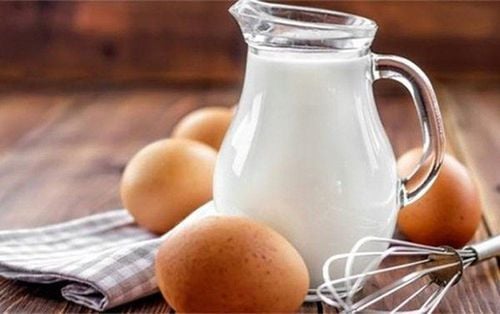The article was professionally consulted by Resident Doctor Ho Thi Hong Tho - Neonatologist - Pediatrics - Neonatology Department, Vinmec Phu Quoc International General Hospital
Getting enough lysine is important for kids, especially as they grow and develop. Lysine can be supplemented for infants starting from 3 months of age. However, how should lysine be supplemented for children, and what precautions need to be taken?
Lysine, also known as L-Lysine, is an essential amin acid that forms proteins in the body. It plays a vital role for children by aiding the absorption of calcium, iron, and zinc, promoting collagen production, supporting the creation of enzymes and antibodies, and stimulating factors that strengthen the immune system.
A lack of lysine can cause poor appetite, slow growth, fatigue, and irritability in kids.

1. How to Supplement Lysine for Children?
If a child's diet provides sufficient protein, they will receive all the essential amino acids, including lysine. However, many studies suggest the importance of maintaining adequate lysine intake and supplementing lysine for school-aged children if necessary to ensure age-appropriate development.
Lysine, along with other amino acids, is available as a single supplement or in combination with others. Lysine is also included in multivitamins, proteins, and dietary supplements, often formulated as tablets, solutions, granules, or powders. Lysine is typically supplemented orally, and it is best taken on an empty stomach before meals. The recommended dosage for lysine supplementation in infants and children is as follows:
Infants aged 3–6 months: 97 mg/kg body weight.
Children aged 11–12 years: 44 mg/kg body weight.
In developed countries, children generally receive adequate lysine without needing dietary adjustments. However, for children who do not consume meat, fish, milk, or eggs, it is essential to ensure they obtain enough lysine from plant-based sources and other options, such as cereals and legumes.
2. Potential Side Effects of Overdosing Lysine in Children
Lysine supplementation for children is generally safe and rarely causes side effects. However, excessive use and overdosing may lead to digestive issues such as stomach cramps, nausea, and diarrhea.
Some reports also indicate a potential link between lysine overdose and kidney problems, gallstones, and increased cholesterol levels in the blood.

3. Precautions When Supplementing Lysine for Children
Lysine can interact with arginine, an amino acid that supports the circulatory system. Consuming large amounts of lysine may reduce the mobility of arginine in the circulatory system.
Lysine can interact with certain antibiotics like streptomycin and neomycin, which may harm the kidneys. In addition, Lysine increases calcium absorption; therefore, calcium intake should be monitored when supplementing lysine for children.
Supplementing lysine and other amino acids in isolated forms can affect metabolic processes and potentially cause issues with growth. High-dose, long-term lysine supplementation alone is not recommended.
For more useful information about health care for children and families, visit Vinmec.com.
Reference source: medicalnewstoday.com














